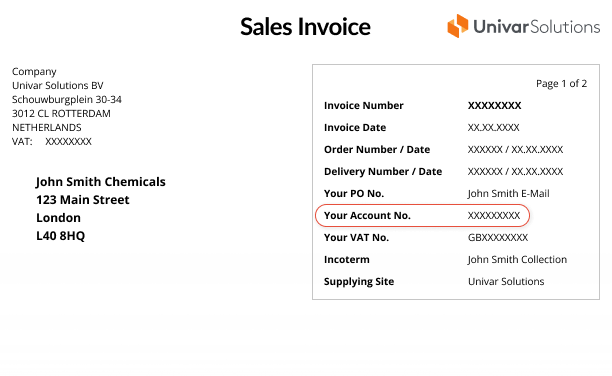We’re here to provide you with more information or help answer any questions you might have. Send us a note and we’ll get back to you as soon as possible.
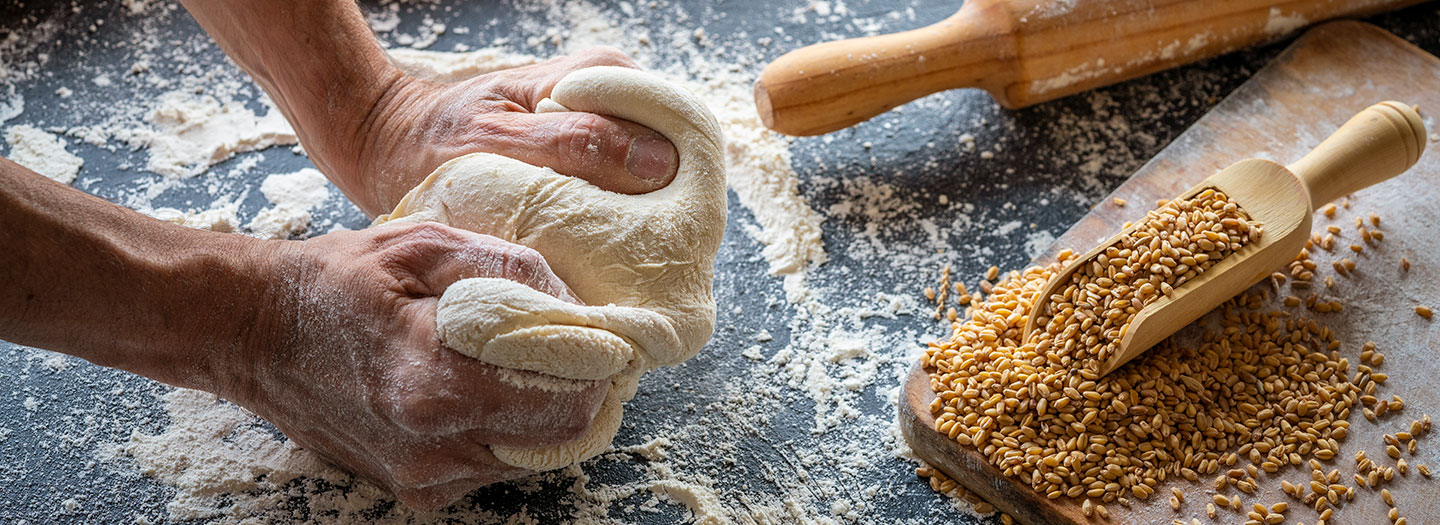



Over the last century, the baking industry has been one of the most lucrative, mainly because it has historically used simple ingredients. According to Expert Market Research industry insights, global bakery products driven by new product launches were valued at $480.95 billion in 2022, with a projected reach of $709 billion by 2028. However, a vital pillar to reaching that mark will rely on the importance of clean-label bakery products and healthier, natural ingredients for bakery use.
Despite setbacks all hospitality sectors recently suffered during the COVID-19 pandemic and government regulations that impact production costs, the international bakery market continues to thrive. Even weathering wars, new legislation, and health and economic crises, bakeries and manufacturers have long capitalized on people's cravings for fresh bread and delectable, sweet delights like cakes and pies.
However, consumers are becoming more knowledgeable about health and wellness. Demand throughout the bakery industry has steadily grown for low-carb, gluten-free, and bakery products tailored to their specific dietary needs. Shoppers who used to stroll down the bakery aisle or reach for cupcakes while bingeing Netflix shows might be more inclined now to select healthier snack options such as yogurt, fruits, or nuts. This shift in consumer habits drives a need for sugar-reduction solutions across the international bakery market.
We recently spoke to Anne Dreher, EMEA technical sales manager, Foodology by Univar Solutions, about clean-label bakery ingredients and how to formulate bakery products with healthier ingredients that consumers drive increased demand for.
What drives demand for clean-label solutions and natural ingredients throughout the baking industry?
Anne: In my experience, the bakery industry constantly navigates an ever-changing and complex mix of external factors. Demand for clean labels is supported by the strong messaging on fat, salt, and sugar reduction in bakery, which requires recognisable and more natural-sounding ingredients.
Maintaining good nutrition at a given price point is a challenge. Value engineering and cost reductions are significant focuses for bakery formulators in 2023 and beyond.
The familiar question bakery producers face is, "How can I deliver products to provide affordable nutrition to educated consumers focused on health, wellness, and sustainability?”
Foodology by Univar Solutions offers a wide range of lab capabilities through our Solution Centres and test kitchens to help our customers and suppliers benchmark, analyse, and launch food ingredient formulations.
Experienced scientists and formulators can provide technical solutions and value-added services to help products get to market on time and within budget.
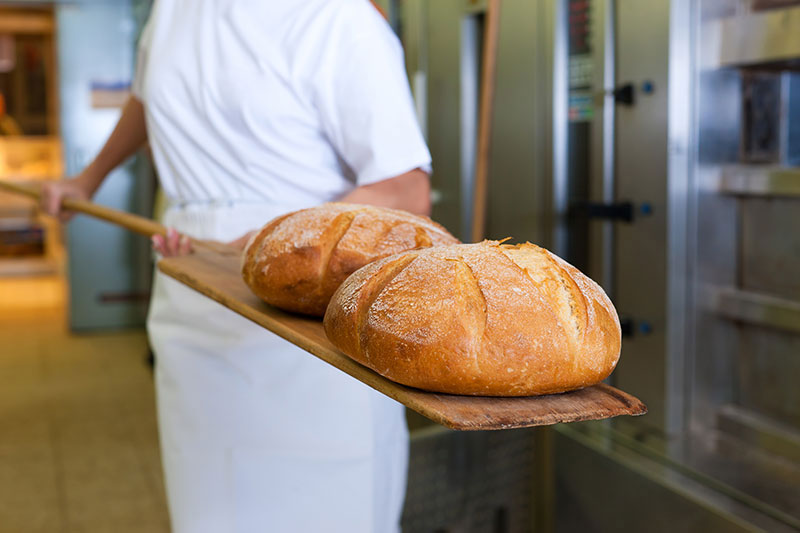

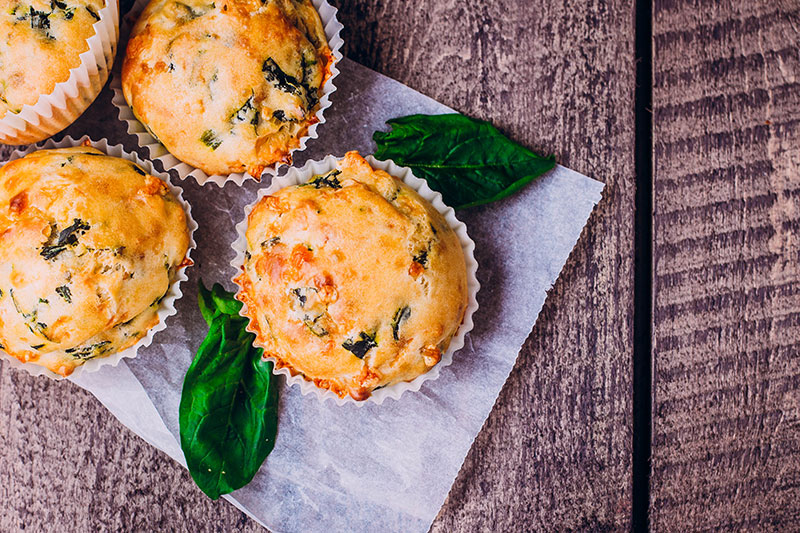

What are some examples of these ingredient products and solutions?
Anne: There are several ways that formulators and manufacturers can reformulate projects focused on clean labels whilst attaining cost and process efficiencies. The right functional ingredients can:
Be effective in reducing the overall cost of the product
Maintain clean-label positioning
Often provide beneficial nutritional advantages
For example, some ingredients, such as fibres and proteins, can be used for their functionality and can provide a clean-label contribution to the overall nutritional profile of the budget-conscious or mindful nutritionist.
Another example is emulsifier replacement. Traditional emulsifiers used in bakery have been widely used by food and beverage manufacturers. Numerous solutions exist in today's challenging environment – where cost or availability issues prevail, or consumers prefer clean-label bakery emulsifiers or ingredients – including enzymes and plant proteins.
What are the challenges for bakers when formulating and producing with clean-label bakery ingredients, and how can these challenges be addressed?
Anne: Innovative ingredients and solutions are available to deliver a great customer experience for repeat purchases and brand loyalty. For example, extending the shelf life in bakery is an option for both cost consideration and waste reduction.
Bakery producers can look into reducing waste and gain more profitability as enzymatic solutions for baking. This offers an alternative to help formulators meet the demand for more sustainable and healthier ingredients.
Novamyl® BestBite is an example of a new generation of bakery enzymes that can take your bakery products to the next level regarding taste, quality, and shelf life. This new molecule stands out from the rest in its unique ability to enhance bakery products' resilience, freshness, and shelf life while also providing an opportunity for sugar reduction in the recipe.
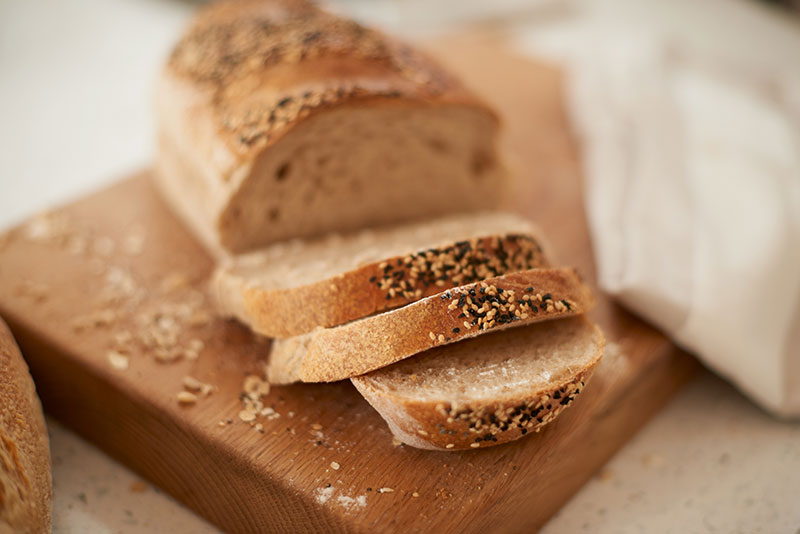

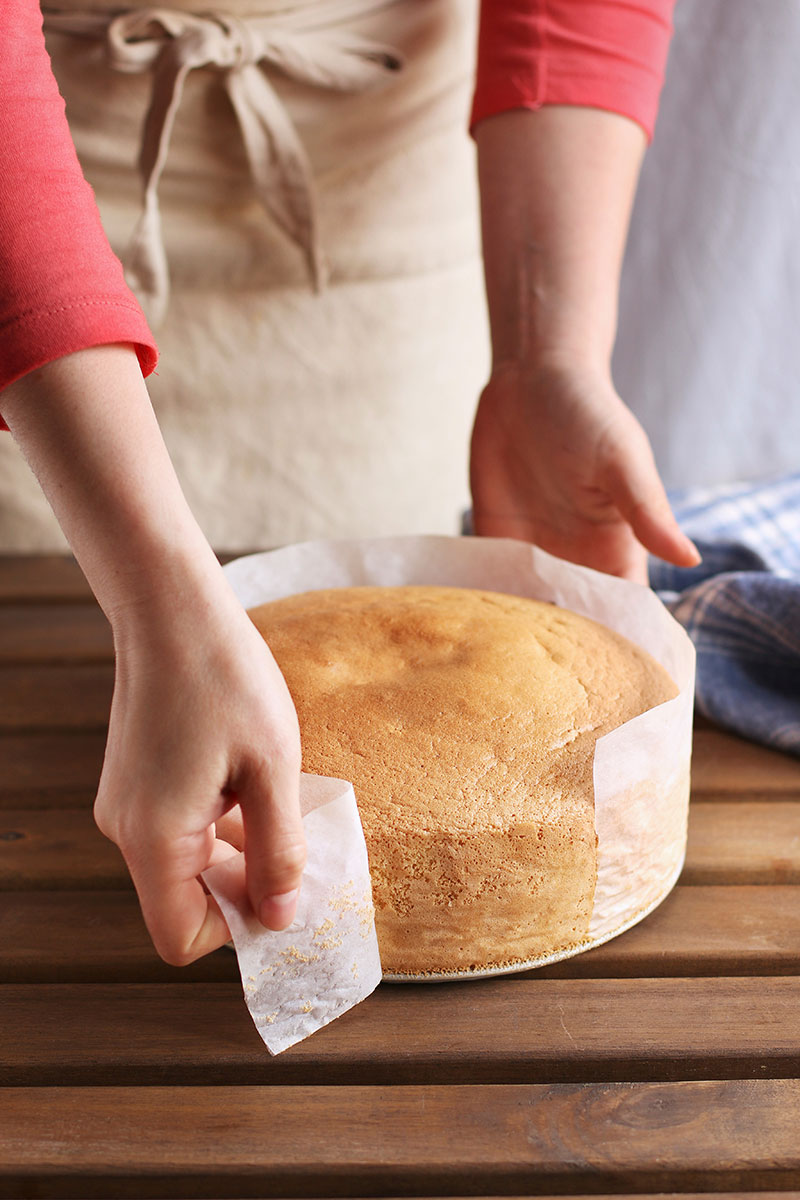

What ingredients does Foodology by Univar Solutions offer in this area, and why were these ingredients chosen in particular?
Anne: Reduction or replacement of egg or egg powder is another example of formulating for clean label messaging. Egg is a versatile ingredient providing emulsification, texture, and appearance in bakery glazes.
However, this use comes with challenges, such as cost, availability, handling, and increasing demand for vegan ingredients. It is possible to replace this functionality using plant-based proteins (i.e., VITESSENCE® PRISTA P360, a faba bean concentrate protein by Ingredion) and starches while enjoying cost benefits.
Reformulation for sugar reduction and delivery of fibre while building back sensory and functional attributes of sugar is one of the most frequent solutions we assist our customers with.
One of the ingredients that we have formulated with is soluble corn fibre VERSAFIBE™ 285 by Ingredion. As a low/no-calorie functional build-back (FBB) ingredient, this solution helps you replicate the unique bulking, browning, and mouthfeel of full-sugar products while offering the appeal of high fibre.
For consumer-friendly product claims, labeling as “soluble corn fibre” is an opportunity for clean label appeal. Natural Stevia flavours work to reduce bitterness and linger, enhancing flavours in baked goods such as salt, spice, and brown aromatics. Reduced-sugar products made with Stevia have proven to be excellent substitutes for full-sugar versions from a sensory and functional standpoint.
Are clean-label bakery ingredients the right solution for your reformulation or new bakery product launch? Work with the Foodology by Univar Solutions team to create your winning recipe.
References:
Small Business Chron, "Bakery Industry Analysis" https://smallbusiness.chron.com/bakery-industry-analysis-64831.html
Toast POS, "Bakery Industry Trends and Statistics in 2023" https://pos.toasttab.com/blog/on-the-line/bakery-industry-trends-and-statistics



